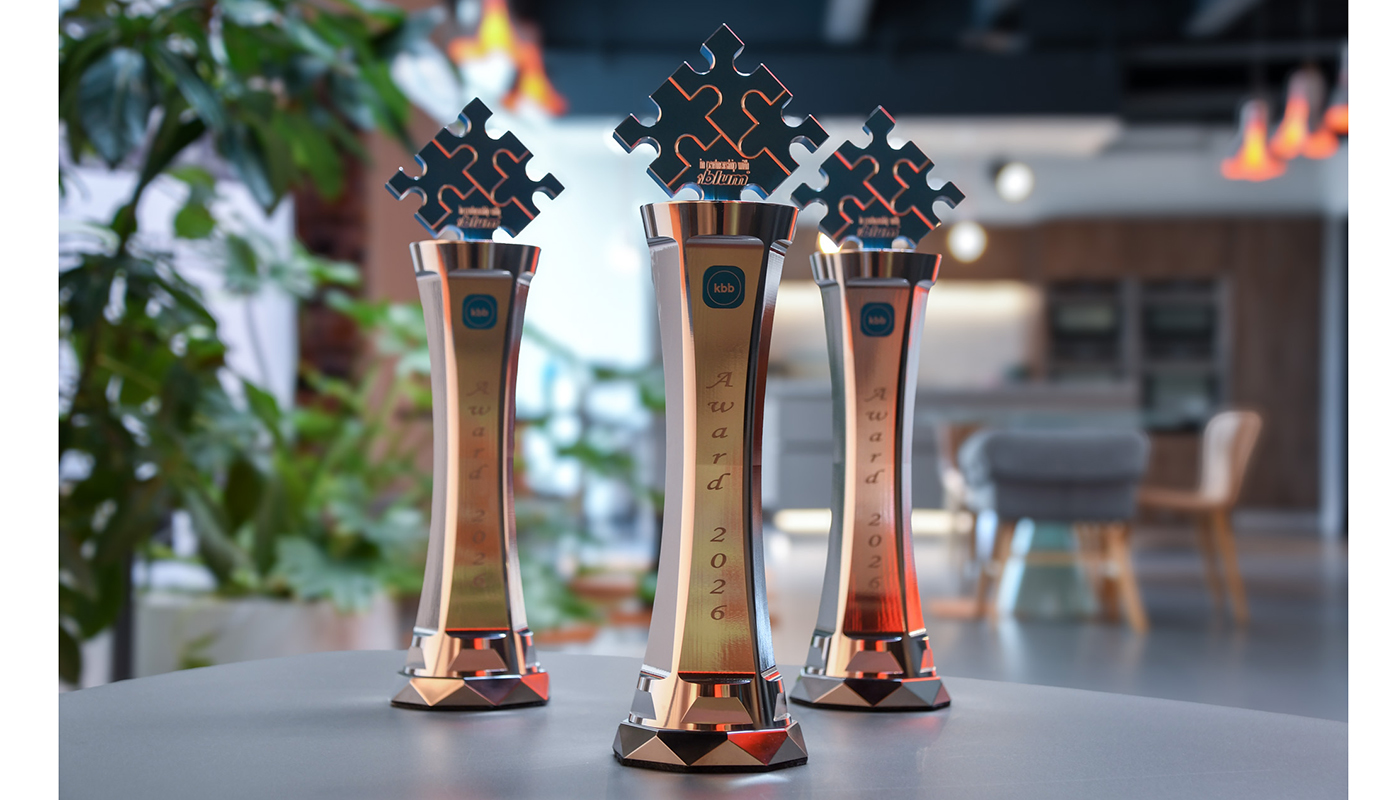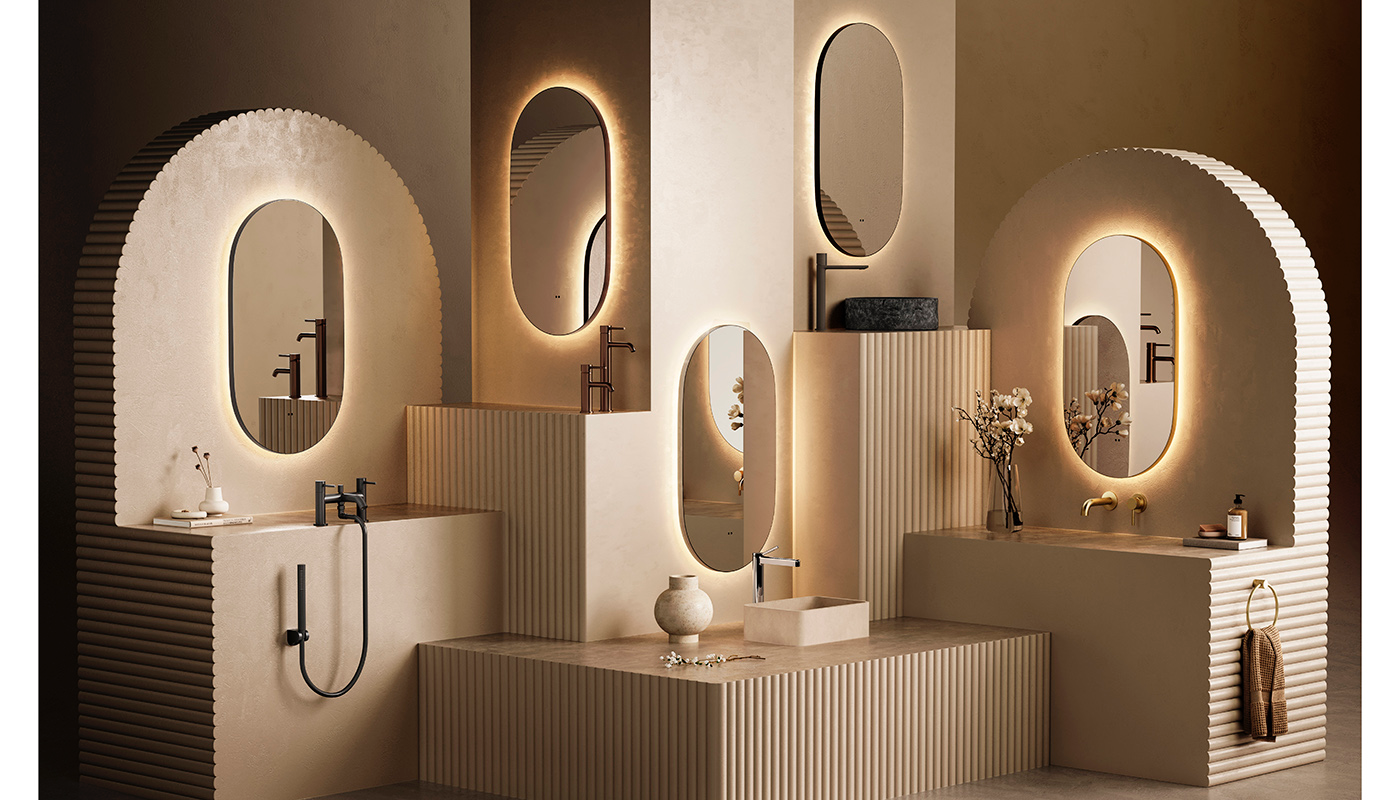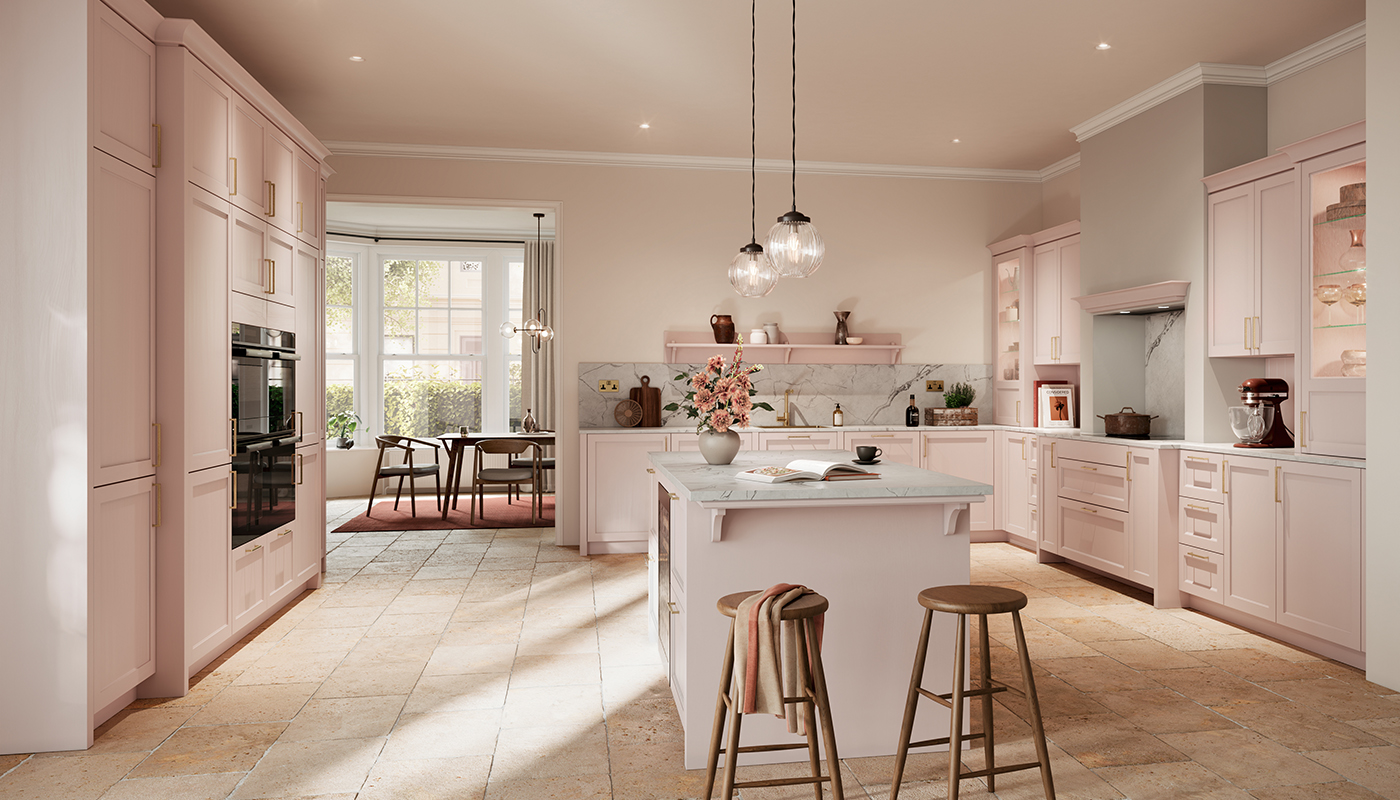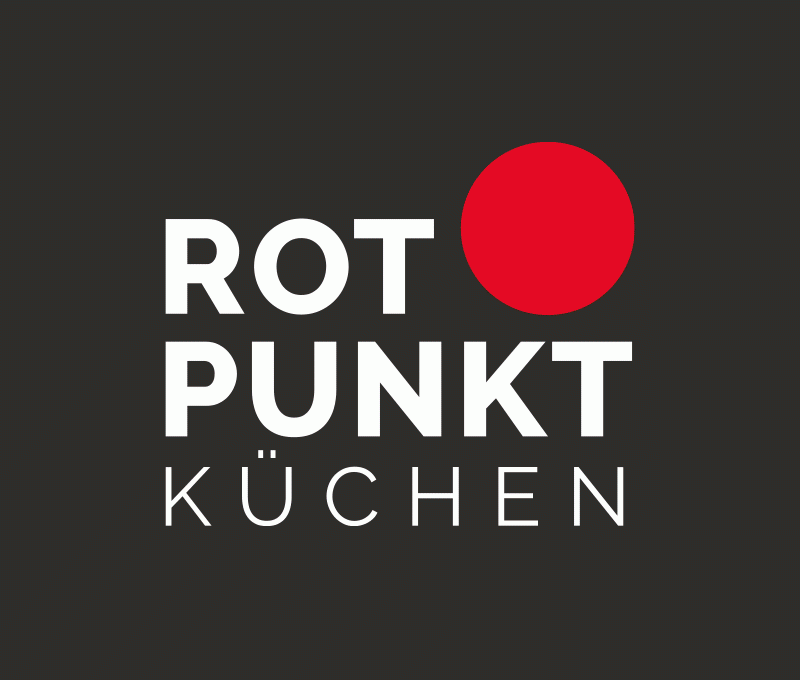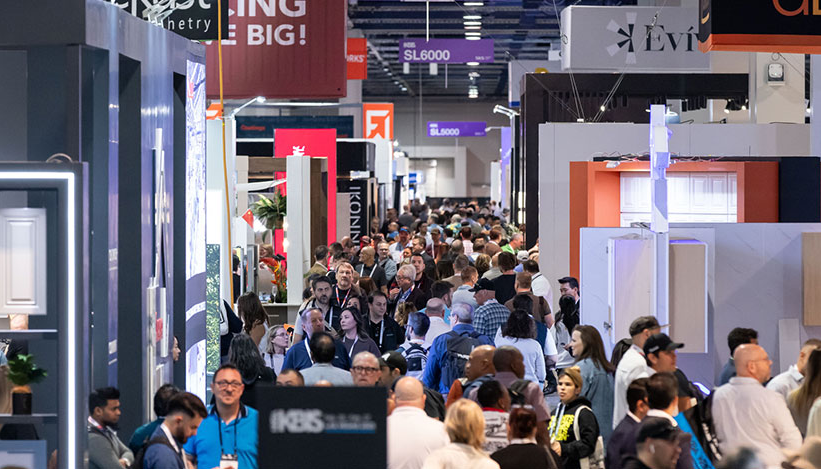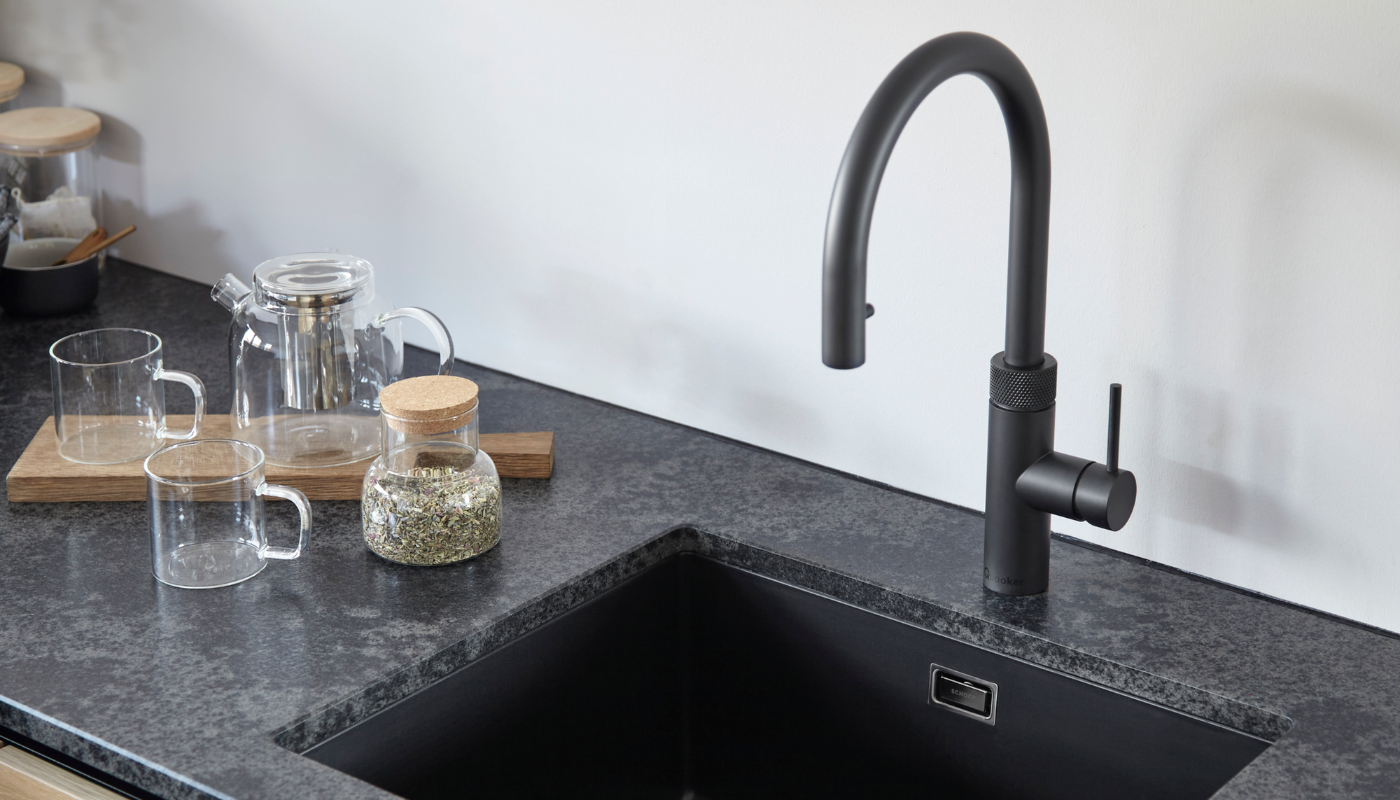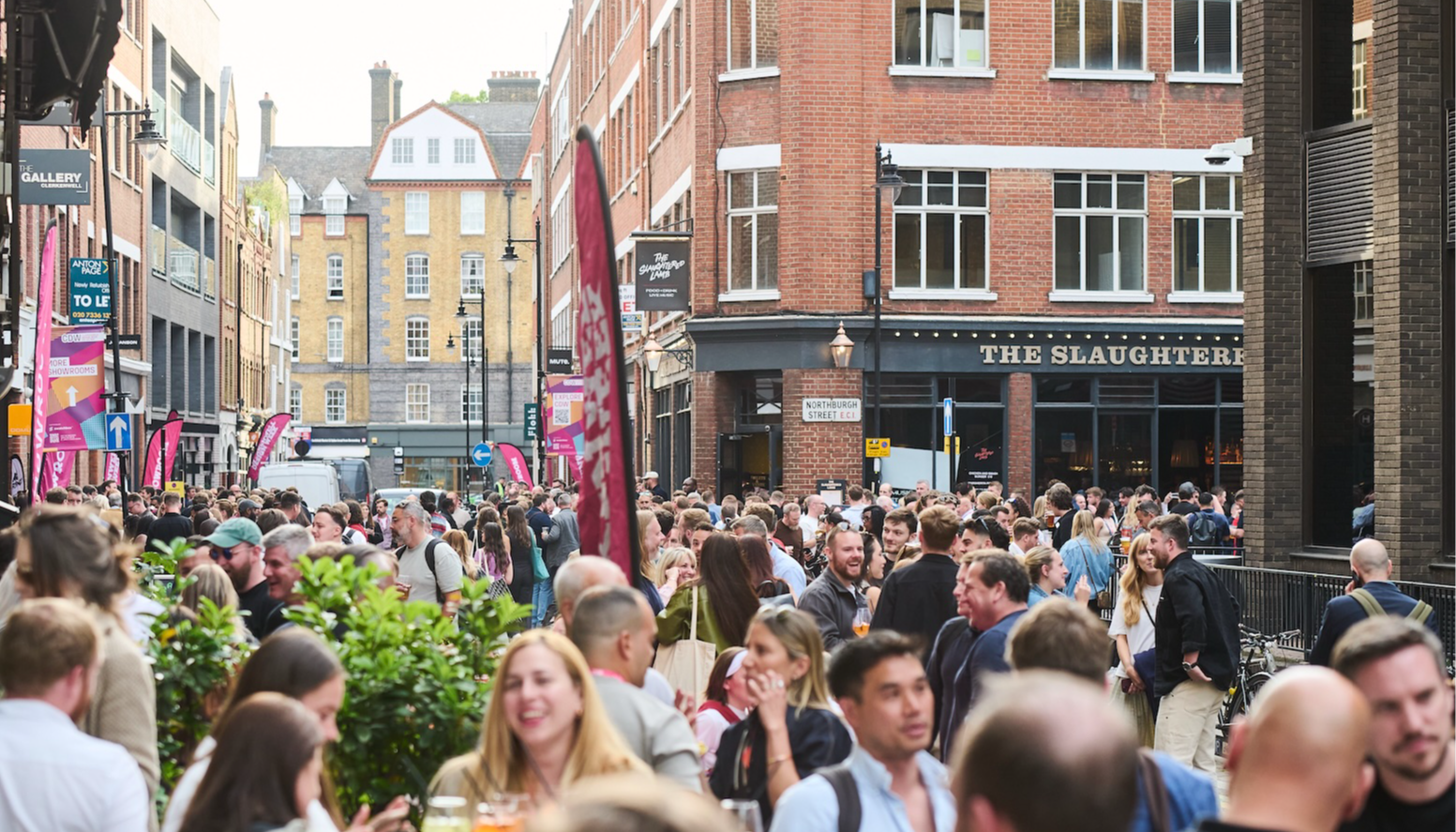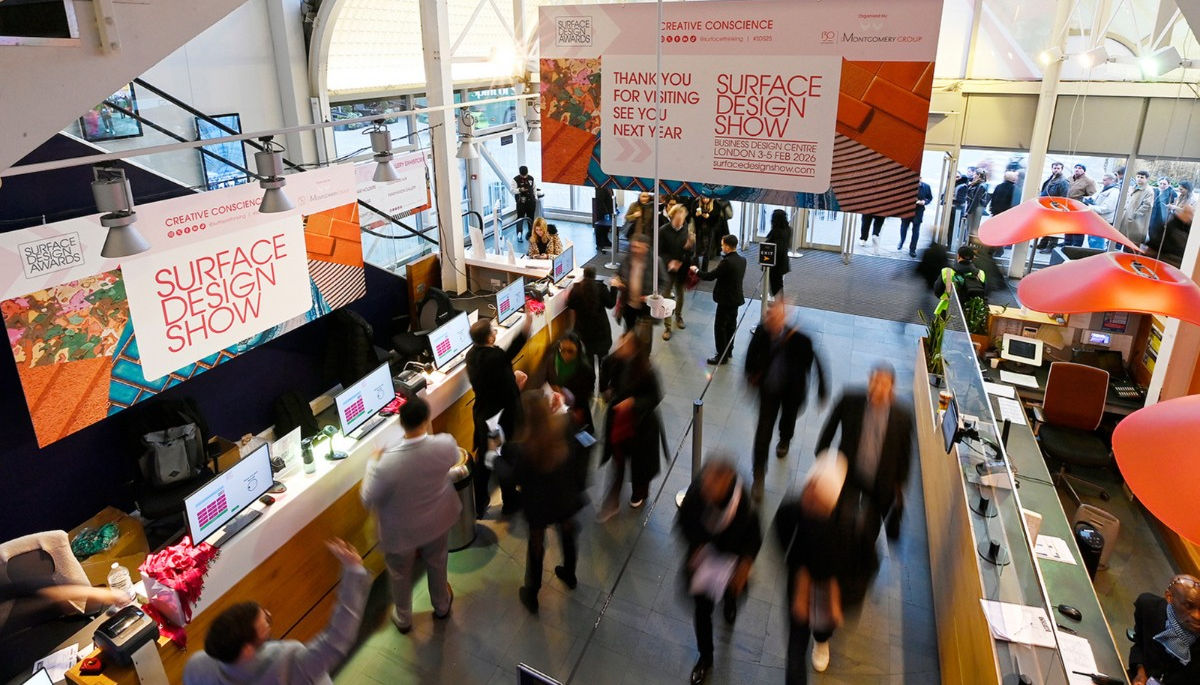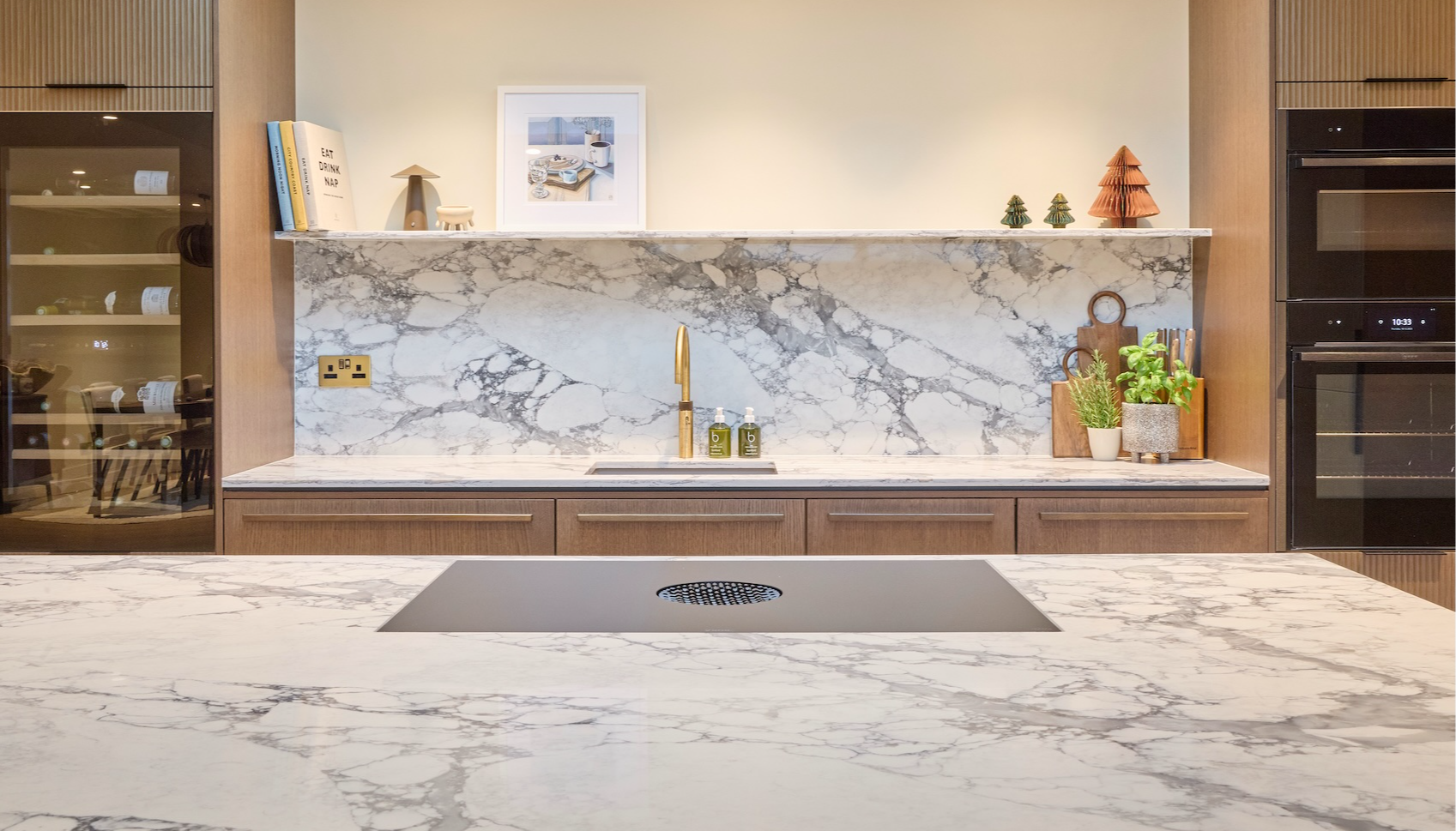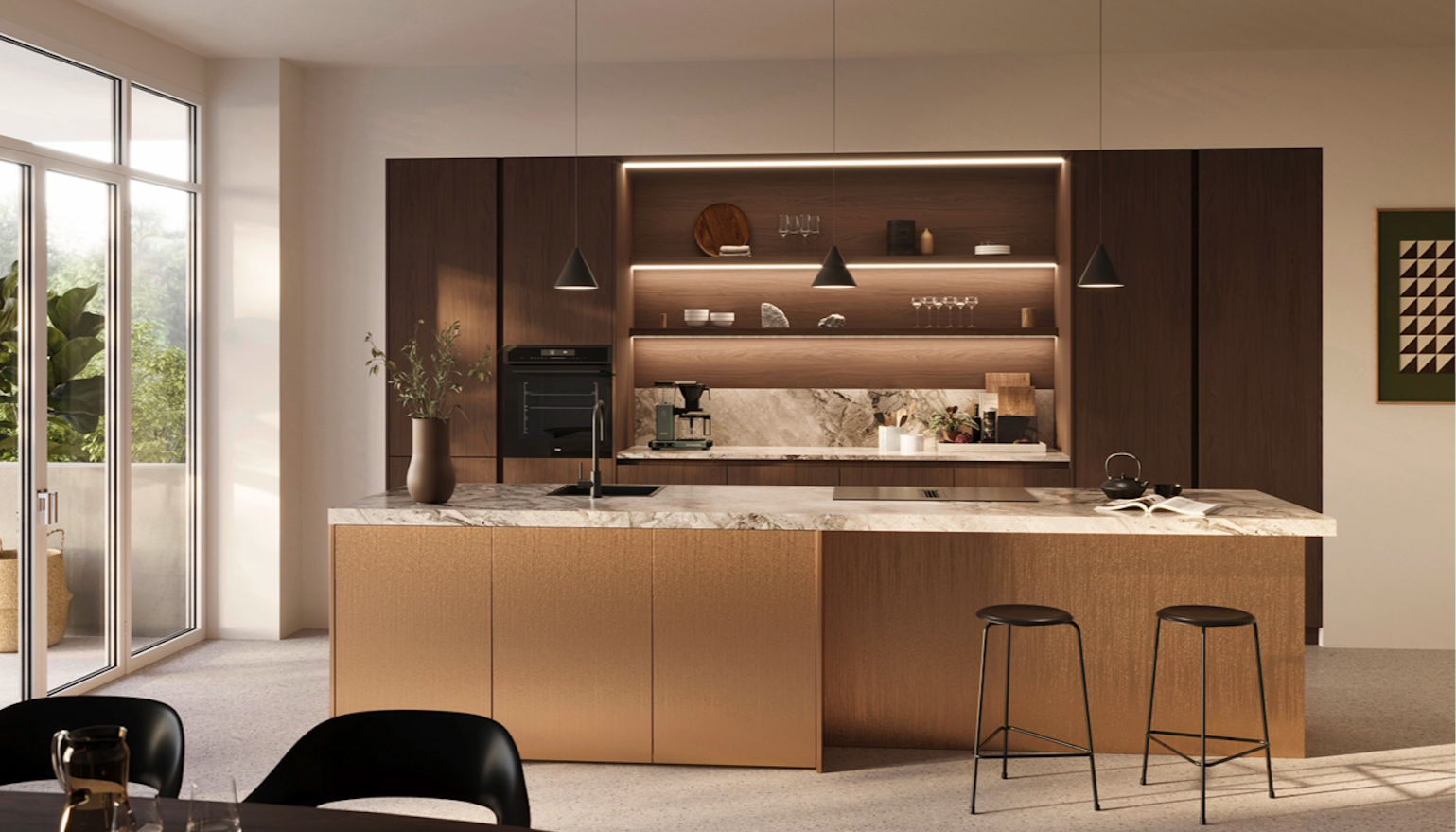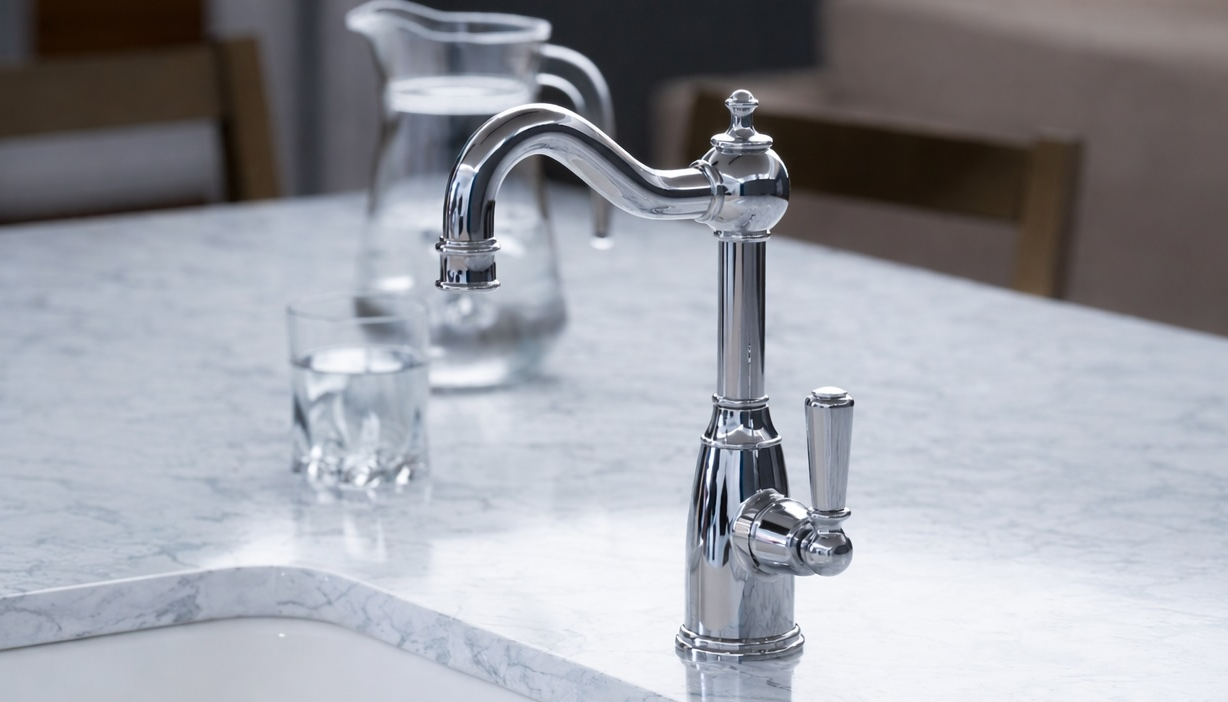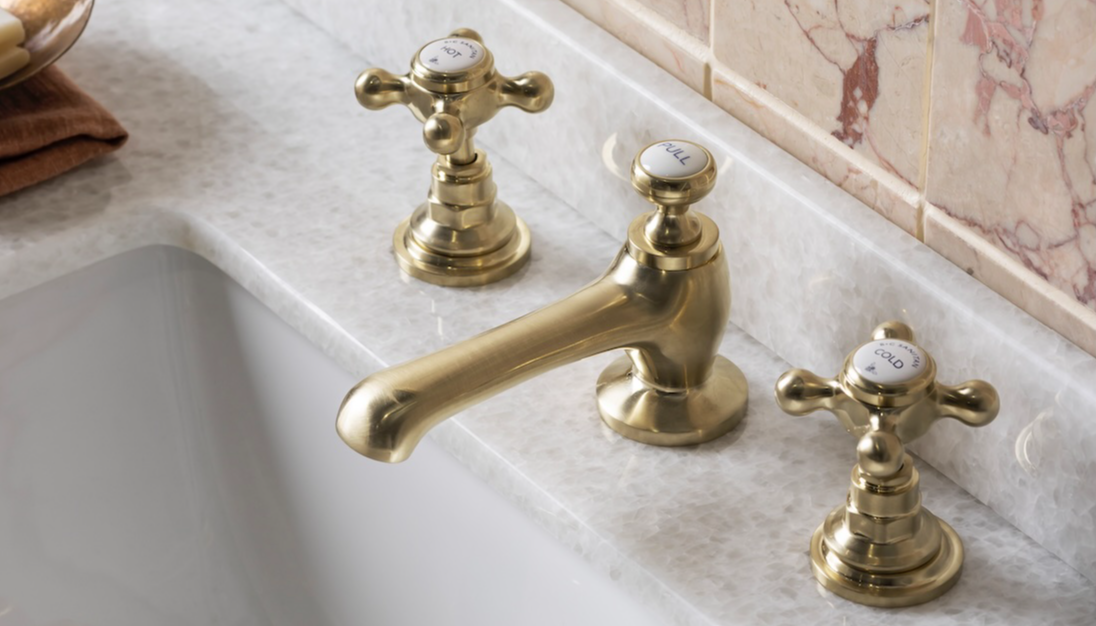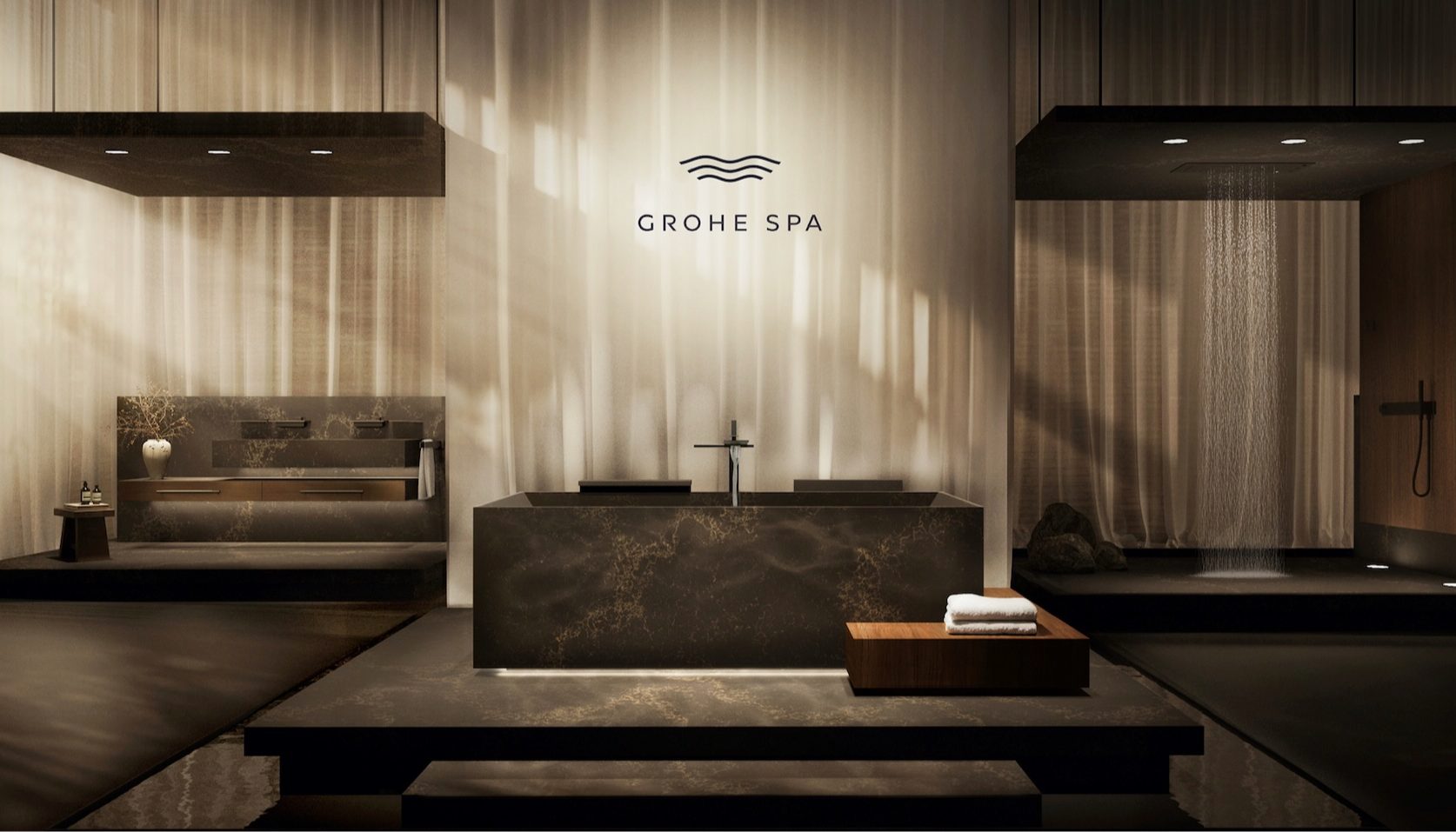Abode's Leanne Adamson on how lockdown impacted hot water tap sales
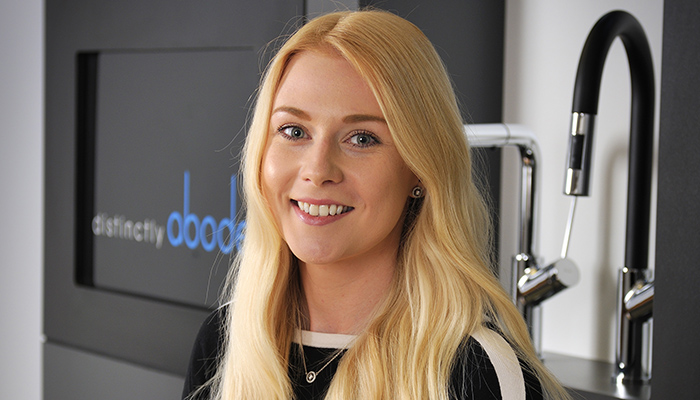
Abode's Leanne Adamson on how lockdown impacted hot water tap sales
The pandemic and resulting national lockdowns have left their mark on many areas of our lives, and altered our relationship with our homes forever. Abode's Leanne Adamson offers an insight into how the past year has impacted hot water tap sales, and what this means for retailers looking to stock these appliances.
"Forced to stay at home last year for much longer periods of time than ever before, many consumers shifted their focus to making home improvements and actioning DIY projects that they’d been meaning to get round to. By the time lockdown 3.0 came around and we were all beginning to get used to something of a ‘new normal’, it was apparent that our change in lifestyles might well have a longer-term impact on how we design our homes, the layout of various rooms, and what products we choose to go in them.
"Nowhere has this been felt more keenly than in the kitchen, and one product area that has been positively impacted by the last 12 months is certainly hot water taps. This is an area of the market that, since launch, has been known as a lifestyle choice, offering a new level of convenience to the consumer, that once they have experienced, many say they don’t know how they ever got by without. So, in a year when all of our lifestyles have been altered by the pandemic, it makes sense that sales of these products is on the increase.
"The convenience offered by hot water taps has always been a major selling point, with retailers perhaps focussing on the time-saving benefits of being able to make a hot drink without having to wait for the kettle to boil. However, during a period when many people have had more time on their hands than normal, but have seen their energy bills increase due to using more electricity around the home, another major selling point of hot water taps has also emerged. A hot water tap has an average running cost per day, when we are at home more and boiling the kettle more frequently, the hot water tap becomes more energy efficient than the kettle. Often overfilled, the kettle also falls down on the water-saving stakes. A hot water tap is a cost-effective option for families at a time when the financial outlay for such products may be questioned.
"With the vaccine programme now rolling out and the Government’s roadmap out of lockdown now in place, perhaps this is a good time to question whether this upwards trend for hot water taps will continue in the future. Certainly, the shift in lifestyle that the pandemic brought with it for many of us is at least partially accountable for the upswing in sales recently. For Abode in particular, the national switch to working from home that resulted from the pandemic created strong demand for our steaming water taps in 2020 and the first part of 2021. Will we see a levelling off as lockdown ends? All the signs are that this won’t be the case, particularly as the upwards trend in sales of hot water taps and the interest in this technology from the public was already very apparent before the pandemic hit.
"The market has grown markedly in the past three years and not just at the top end of the market either. Last year, a fifth of homeowners on Houzz said a boiling water tap was their dream kitchen appliance and searches of ‘hot water taps’ were up by as much as 135% on Pinterest in the past 12 months. Google searches for hot water taps have also increased by significantly this last year alone and this interest is driving product development and ensuring the technology becomes even more accessible at all levels of the market.
"That all points to continued good news for retailers looking to stock hot water taps and offer this technology as part of their remit. Alongside the sheer convenience of the product, which is always going to be a good selling point, efficiency and hygiene will be important factors too. After all, instant access to near-boiling hot water makes cleaning tasks easier and as the water is filtered and stored in a sealed tank rather than the open air there is less risk of contamination from dust particles, food splatters and limescale build-up.
"We might not spend so much time at home in the future – or at least not in quite the same way as we did in 2020 – but home baking and home entertaining look likely to remain popular pastimes, so an appliance that makes the kettle almost obsolete, frees up worktops and makes the perfect cuppa is likely to be a big draw for consumers long after lockdown is consigned to the memory banks."
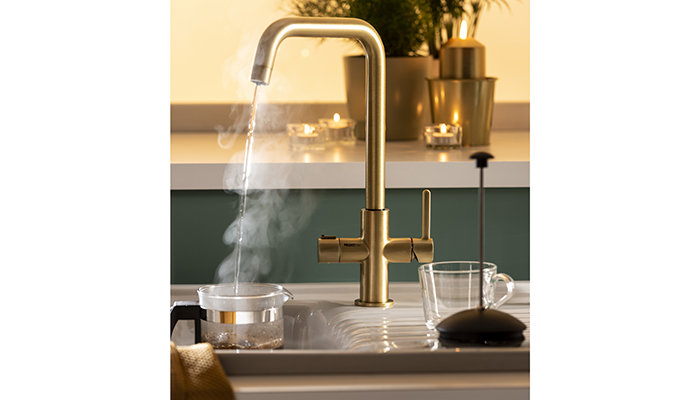
Tags: insight, features, abode, leanne adamson, boiling water taps, kitchens




